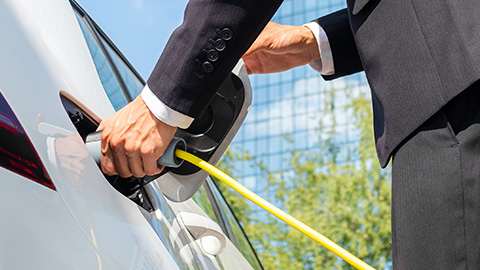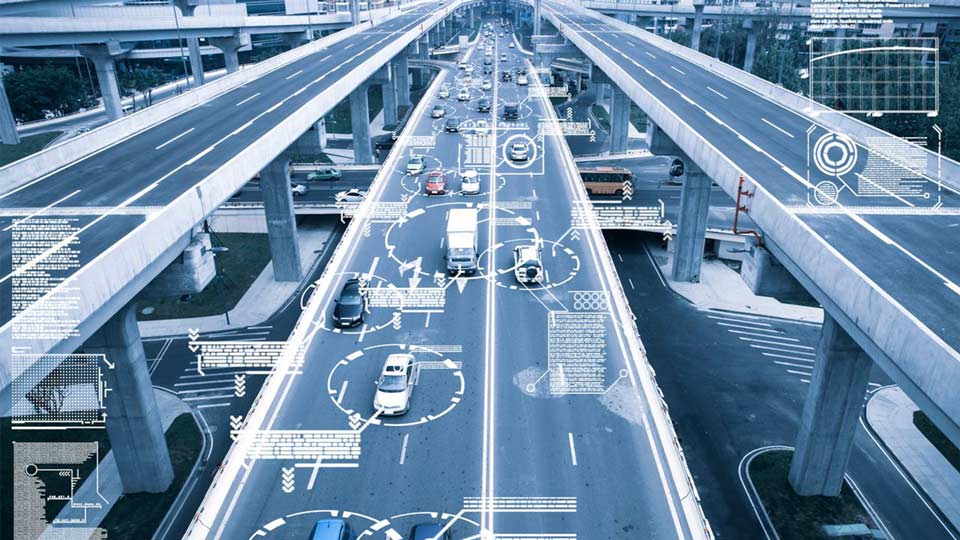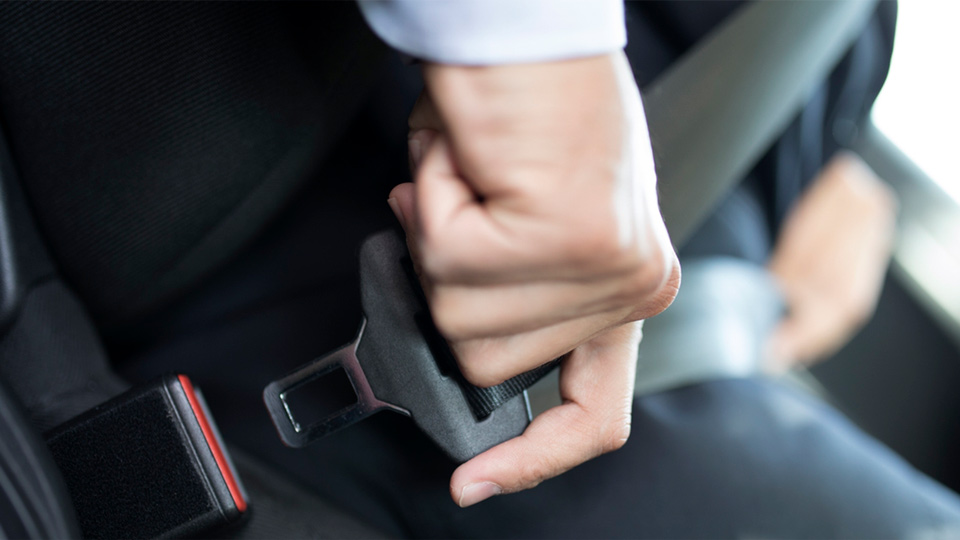
Driver safety reporting
Understand driver safety trends
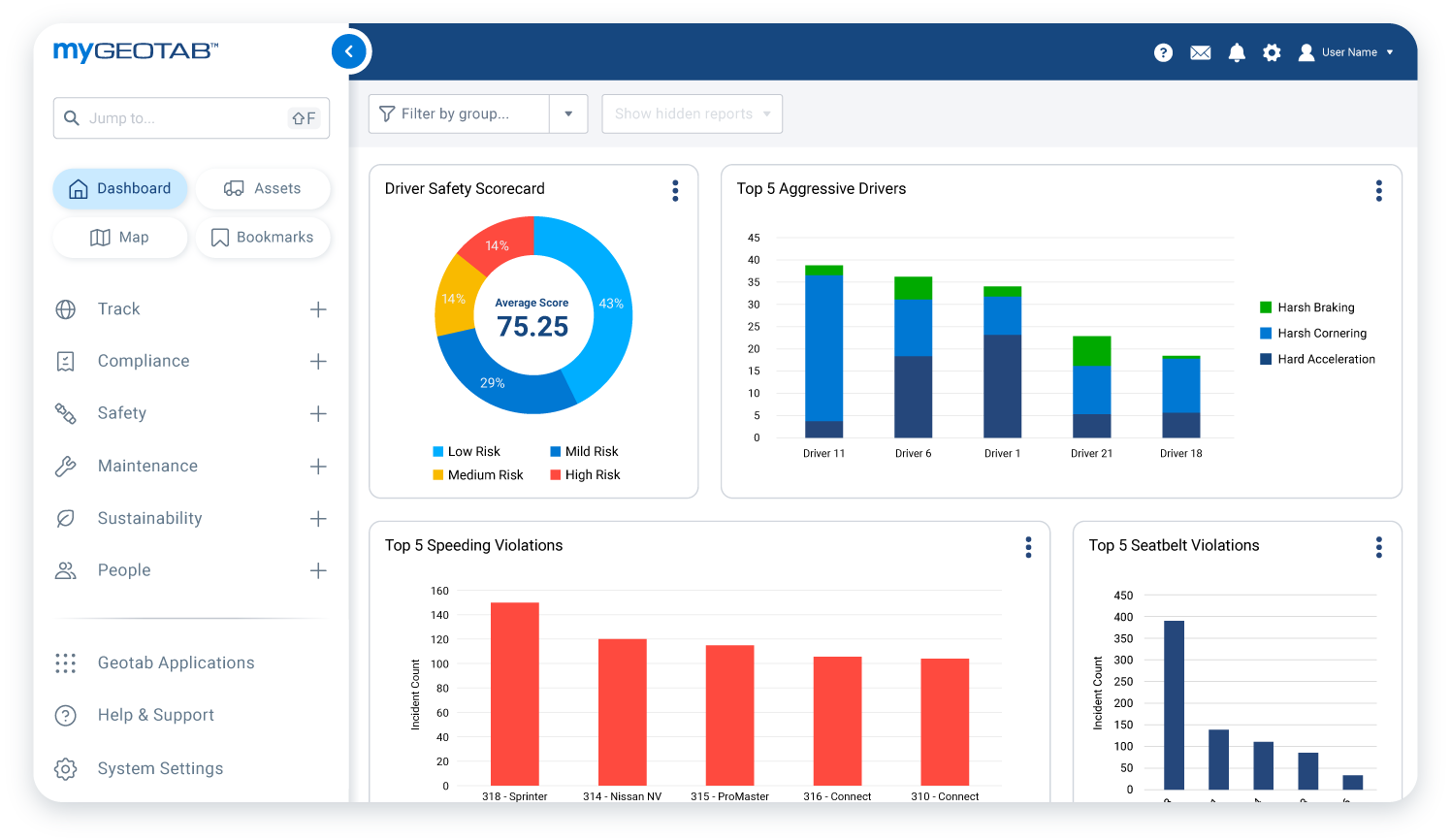
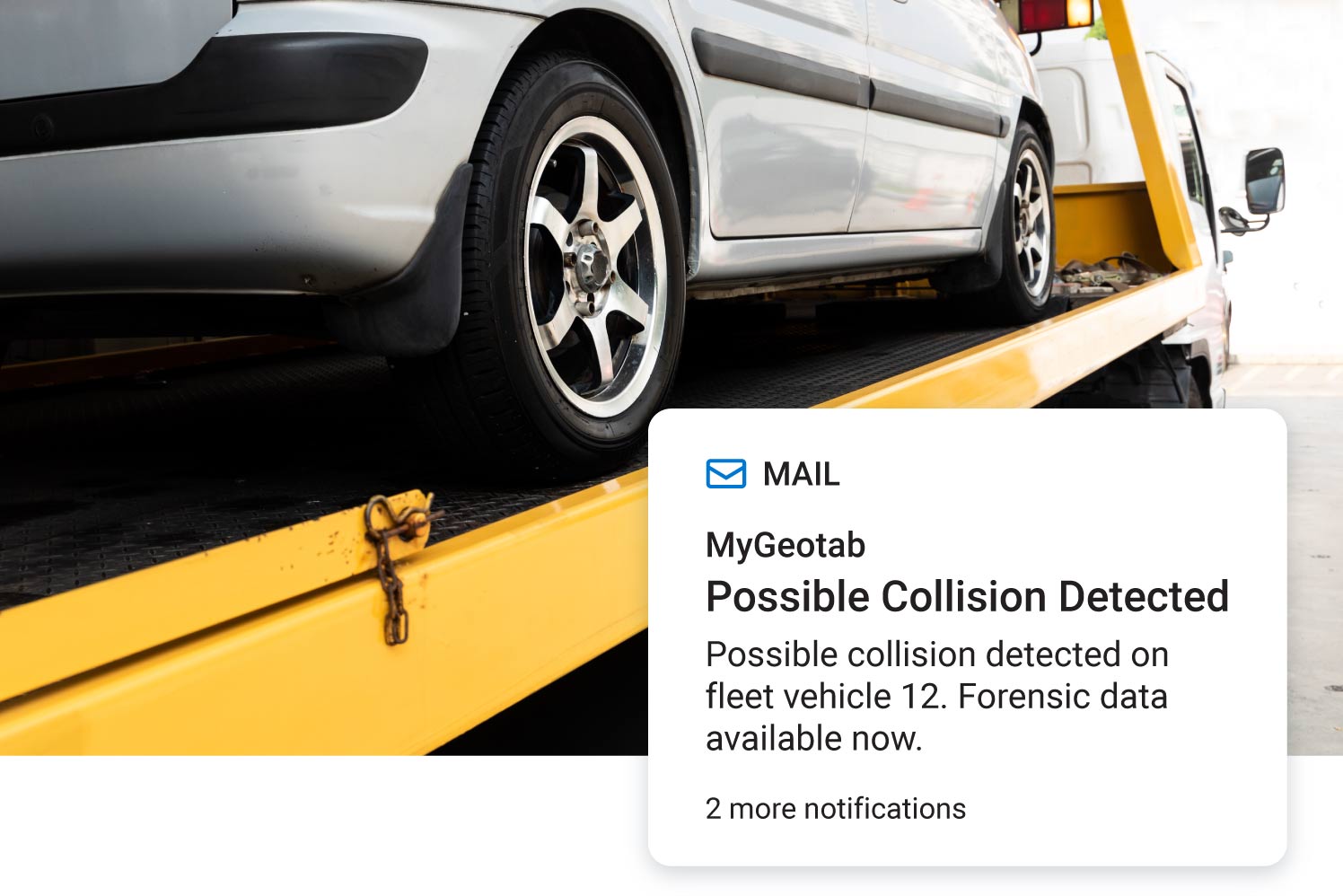
Set up safety alerts
Advanced driver-assistance
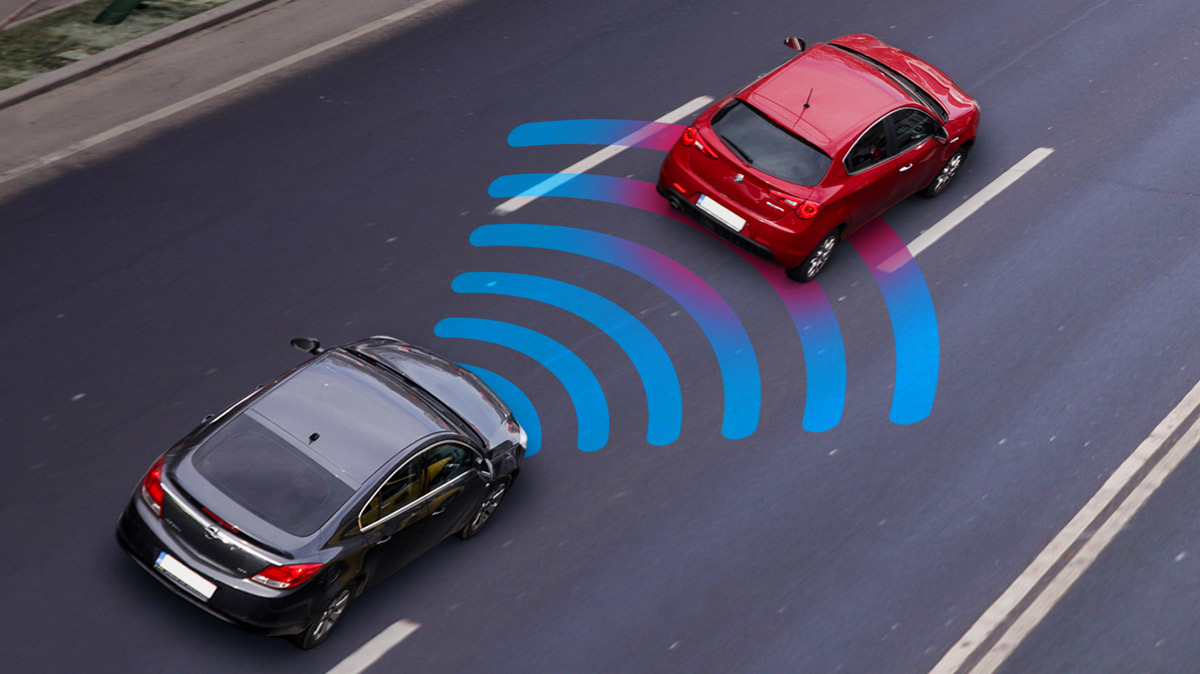

Do you know your cost of ignoring?
- Speeding over the posted speed limit
- Harsh braking
- Sharp cornering
- Backing up while driving
- After hours use of vehicle
- Driving with no seat belt
Reporting solutions from the Geotab Marketplace
Get specialized reports. Track HOS violations, see your fuel economy, estimate potential fleet savings, and assess driver safety.
Driver safety tips and tools
Commonly asked questions
What is a Driver Safety Report?
How can the reports improve driver safety?
Driver safety reports can identify speeding offenses, driving hours, seat belt use, sharp turns and hard braking.
Why are driver safety reports important?
Driving behaviors are important factors in vehicle maintenance planning, such as brake and tire replacement. They are important tools for minimizing accidents, vehicle downtime and ensuring driver safety.
What kinds of driver safety report does Geotab offer?
Geotab offers: Driver safety scorecards that examine the following key points:
- Vehicle speed
- Seat belt use
- Use of the vehicle after working hours
- Aggressive driving behavior
This data can be analyzed in relation to driving time or distance traveled.
Driving hours violation alerts, which help fleet managers and vehicle operators identify drivers who violate their country's driving hours laws. Identifying these trends is extremely important because tired drivers have slower reaction times and may even fall asleep at the wheel.
Mobileye collision reports (available free of charge on the Geotab Marketplace) that identify and warn drivers and fleet managers of route changes, potential collisions with vehicles and pedestrians, and stopping distances. This data is calculated in relation to the distance traveled by the vehicles.

